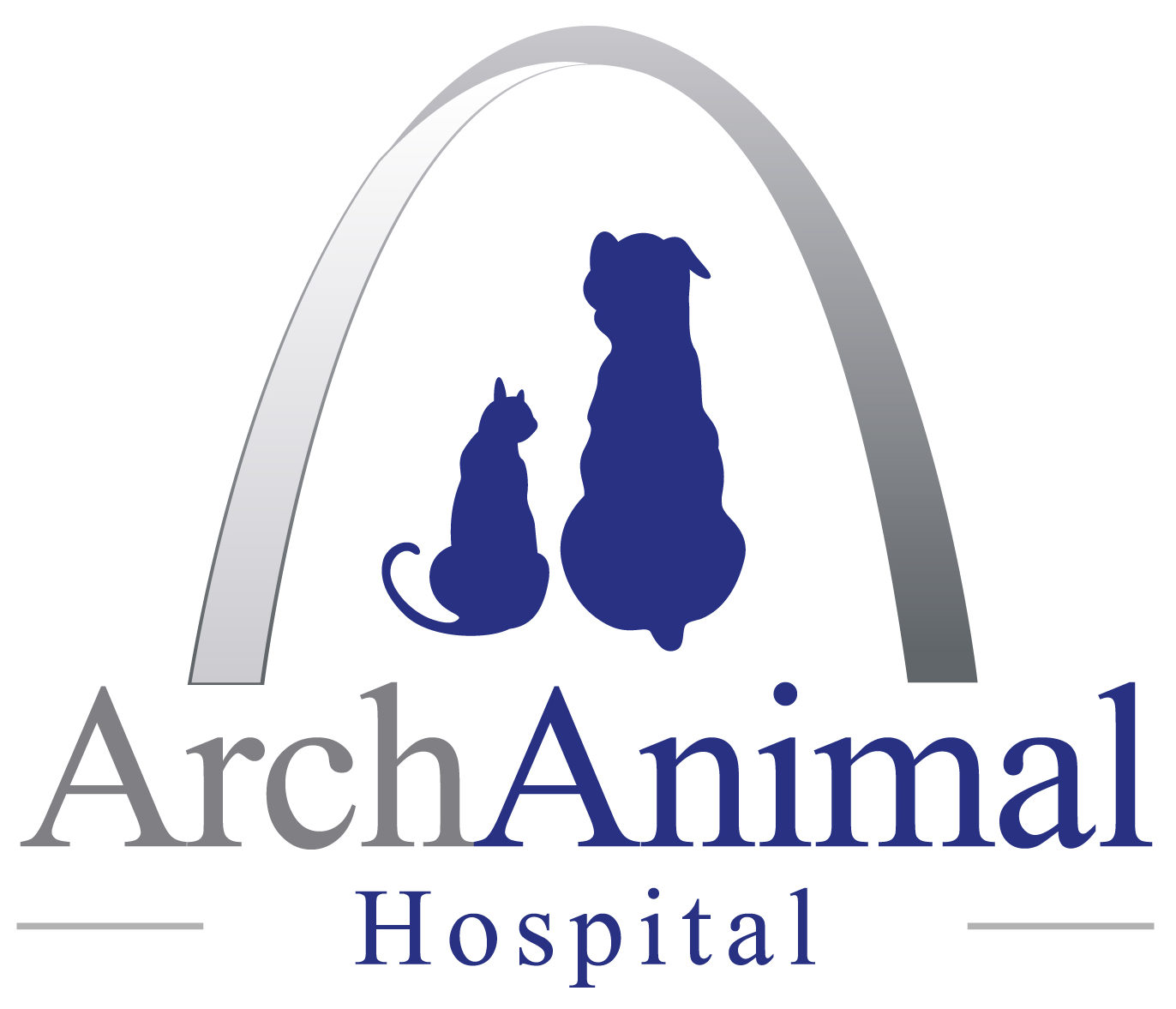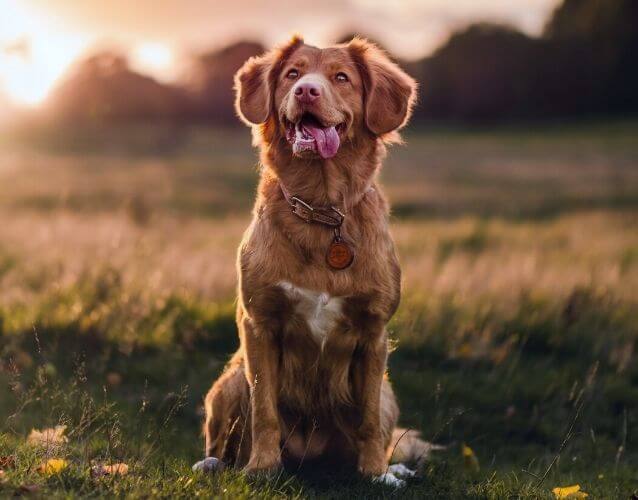Preparing For Your Appointment
Exam Survival Guide: 10 Things You Should Know
Do not feed your dog/cat beforehand and bring a favorite treat.
A hungry pet is more likely to accept treats from strangers, giving us the opportunity to form positive associations. We offer soft treats, dry treats, cheese, or peanut butter, but something from home may be best. Something smelly like tuna works wonders with cats!
If your pet is on a special diet, ask if we have a canned version to entice them, or bring a few dry morsels in a snack-size bag.
For their own safety, please keep children away from strange dogs and cats.
Children love to come to the vet with their favorite companion, and we are happy to have them here. We only ask they respect personal space for other pets who are not accustomed to children and may become more anxious.
Not every dog/cat is friendly to other animals.
Warn us if your pet has a history of aggression when making appointments.
Help us get to know your dog or cat.
If there is anything that your pet finds comforting, we would love to know. Some cats like to hide, and a towel/blanket to wrap in can decrease stress considerably. Many dogs are treat motivated, but it can be hard to find the right treat – let us know if cheese is the magic word!
For everyone's safety, please bring cats in carriers, not in your arms or on a leash.
We have carriers to rent out if needed (no charge). Some dogs are not cat friendly, and your cat would not want to face the waiting room feeling exposed. Our staff is well trained to handle cats, including putting them back into a carrier for you.
For safety reasons we ask that all dogs are kept on a leash.
If you are stressed, so is your pet.
Some cats/dogs are much calmer when owners leave the room. If you feel that your anxiety is affecting your dog/cat, please tell our veterinarian. It is okay to step out for a few minutes.
Allow technicians to hold your pet for procedures.
Many think that their cat or dog would never bite or scratch – until they have them in a high-stress situation. Our staff are trained and experienced in animal handling and know how to avoid unnecessary injuries.
Bring your pet in for a weight check or just to say hello - cats too!
Allowing your pet to learn that the car ride, and our clinic, will not always result in a needle poke can make future trips much easier. Give lots of treats and take it slow. Acclimate to the car ride first (start with the car off, then the car running, then moving). Next, acclimate to the clinic, starting with the clinic parking lot, then the waiting room, then the scale and exam room.

